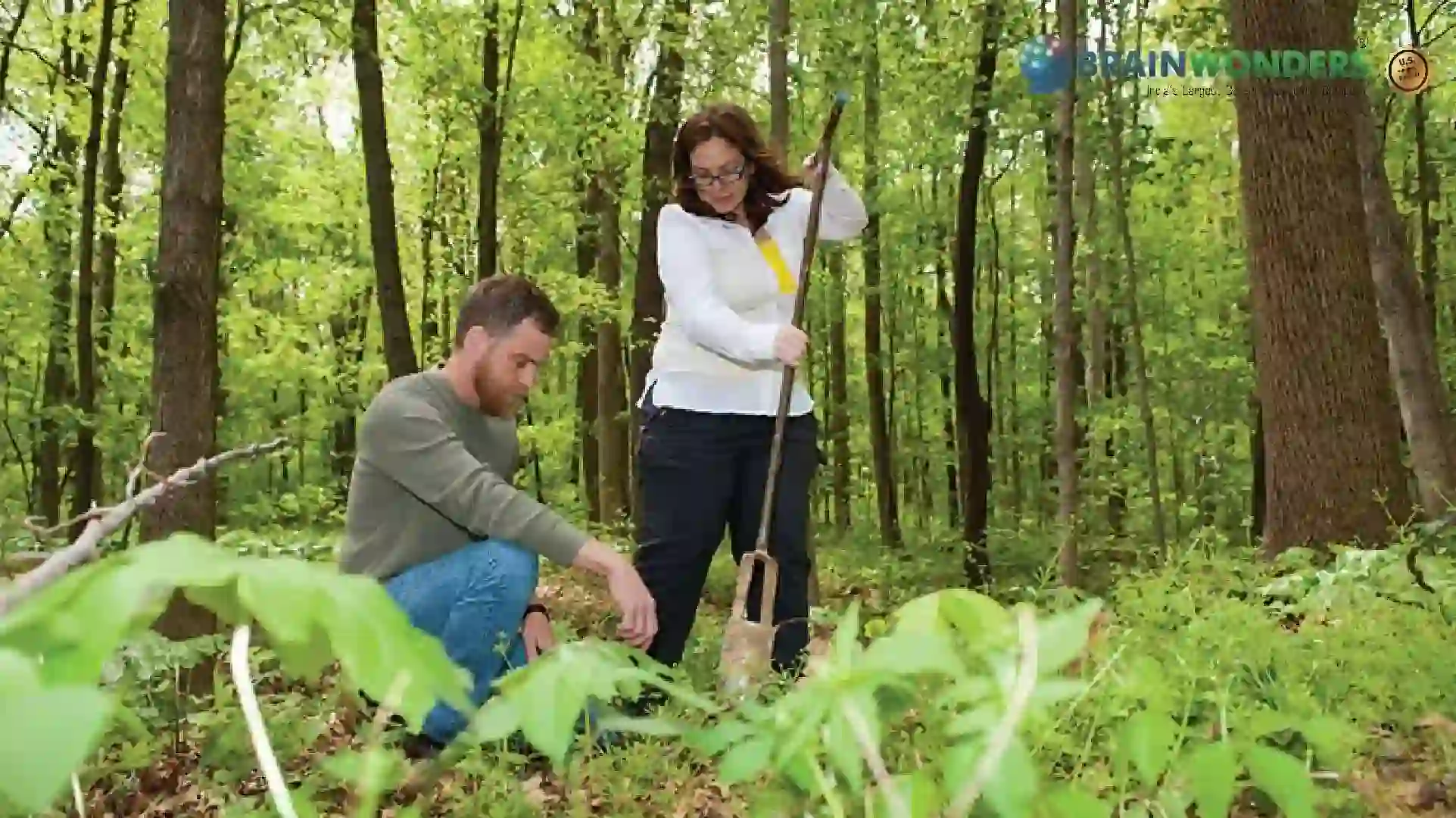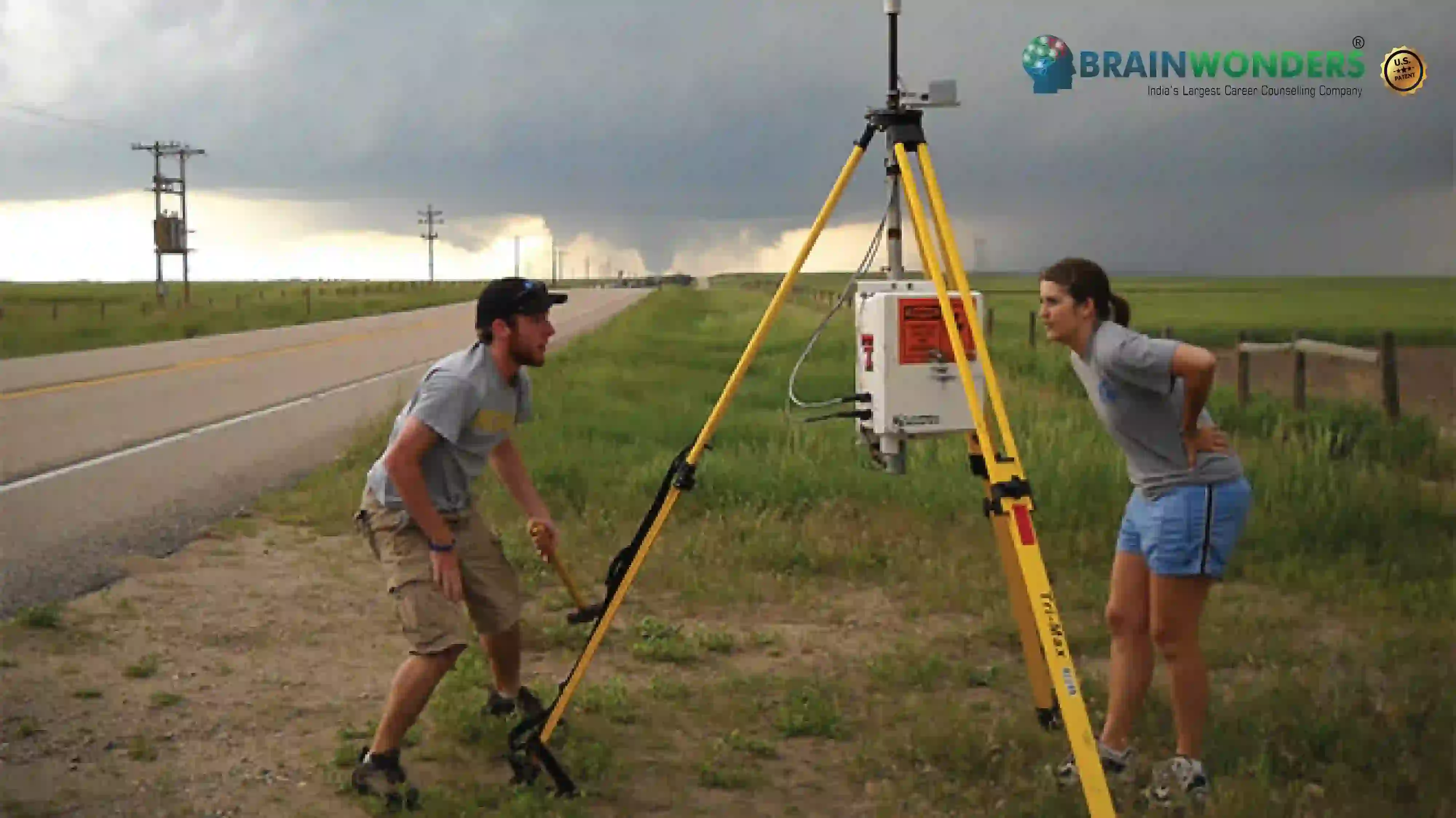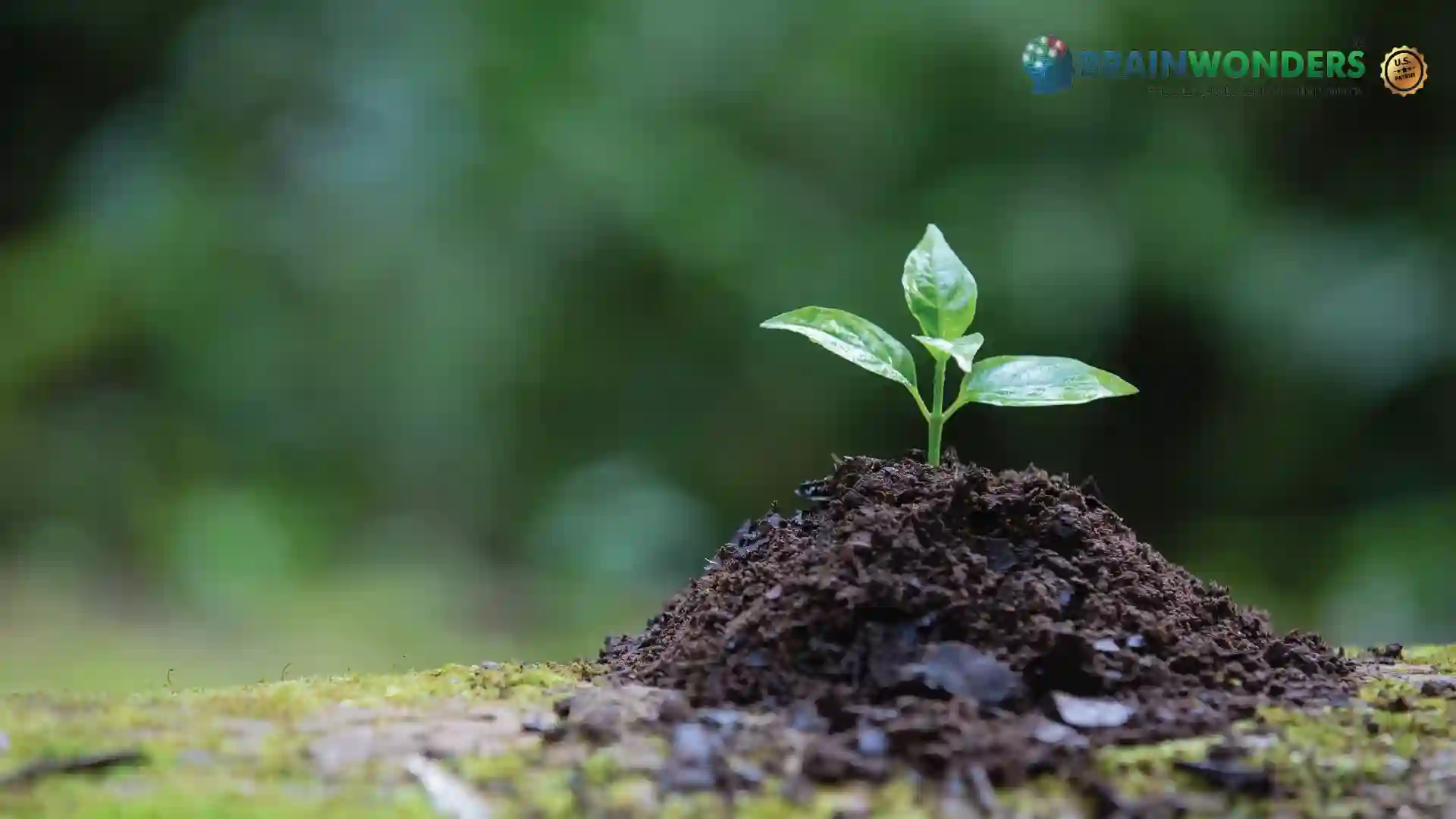How to become a Geoscientists
Overview, Courses, Exam, Colleges, Pathways, Salary

Overview
Who is Geoscientists ?
Geoscientists are essential members of professional teams involved in exploring, finding, and producing natural resources such as gas, oil, minerals, and water. They study the physical aspects of the Earth's surface, namely its structure, composition, processes, as well as the Earth's history by studying the rock compositions of the Earth's crust. They primarily do this by collecting samples from specific locations to analyze their chemical, topographical and geological elements. Geoscientists are also interested in identifying areas where commercially viable natural resources can be extracted from. Apart from such fieldwork, they are also tasked at laboratories to analyze the data they collect. It is a physically demanding job owing to the extended periods of travelling that are typically required.
Typical day at work
What does Geoscientists do?
The roles and responsibilities of a geoscientist include:
- To plan and execute field studies for collecting samples and conducting surveys
- To assess the quality of natural reserves by collecting and analyzing relevant data
- To look for new opportunities to access and extract natural resources as well as identify deposits for use in construction and other applications
- To analyze geological information such as aerial photographs, rock samples, well logs and interpret them using computer software
- To conduct laboratory tests on samples collected from surveys and fieldwork
- To design Geological maps, draft diagrams/charts/reports for understanding the data collected regarding resource management and land use
- To advise and monitor technicians and mining crews
- To provide advice regarding the proposed work plans aimed at mitigating contamination of soil or water
- To study the history of earth to identify indicators of climate change and develop models to mitigate the same
- To develop strategies to improve extraction processes and reclamation to be environmentally friendly
- To write scientific reports and communicate research findings by presenting at conferences, publishing in journals, or teaching at universities.
- To advise
- To conduct risk assessments for various natural disasters such as earthquakes, volcanoes, mudslides. etc.
Abilities and Aptitude needed
What are the skills, abilities & aptitude needed to become Geoscientists?
For a career as a geoscientist, one needs to be knowledgeable in geography, mathematics, physics, engineering and technology. They need to understand the principles and processes governing the structure, composition, distribution, and interrelationships of geological phenomena. Information about the data collection and analysis is also required, alongside the ability to use relevant software for the same.
Given the physically demanding nature of the job, the individual also needs to have the physical stamina and comfort with spending extended hours of time outdoors to carry out their job responsibilities well. They must also be active learners with an ability to concentrate on selective topics over a period of time. In addition, they should have communication, problem-solving, and critical thinking skills.
Some of the specialities in this career are: Geologists, Geochemists, Geophysicists, Oceanographers, Seismologists. etc.
Pathways
How to become an Geoscientists?
Entrance Exam
Entrance Exam for Geoscientists ?
Courses
Which course I can pursue?
Best Colleges
Which are the best colleges to attend to become an Geoscientists?
Industries
Which Industries are open for Geoscientists?
internship
Are there internships available for Geoscientists?
Career outlook
What does the future look like for Geoscientists?
Geoscientists are often employed by private and public sector enterprises in the energy industry, mining, water management, engineering services, and consulting industries, most often working for oil and gas extraction companies. One of the many perks of this career is that it can involve opportunities to travel abroad or at sea as well, as relevant to the speciality area. The employers often also provide health insurance, paid leaves and vacations. Since there is an increase in the demand for environmental resources and a need for improved extraction technologies, the demand for this profession has also been growing.







